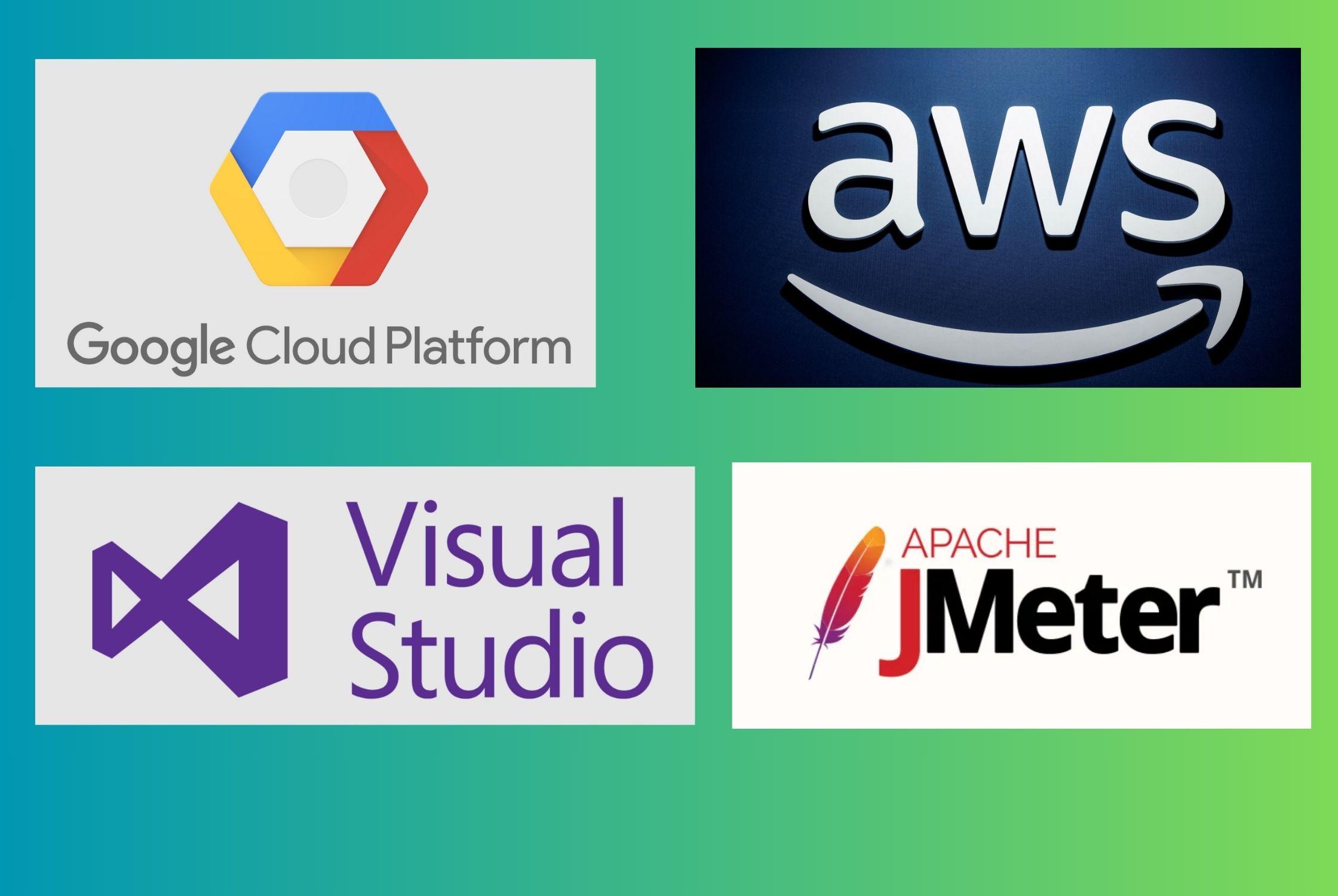The Evolution of DevOps: Trends and Predictions for the Future

DevOps has transformed the software development and IT operations landscape, fostering collaboration, automation, and efficiency. Since its inception, DevOps has evolved significantly, shifting from basic CI/CD (Continuous Integration and Continuous Deployment) practices to advanced AI-driven automation, security integration (DevSecOps), and cloud-native development.
In this article, we will explore the evolution of DevOps, key trends shaping its future, and predictions for how it will continue to redefine software development and IT operations.
The Evolution of DevOps
The Early Days of DevOps
Before DevOps, development and IT operations teams worked in silos, leading to inefficiencies, slow software releases, and frequent deployment failures. The need for a more integrated approach led to the birth of DevOps in the late 2000s.
Key characteristics of early DevOps:
- Focused on bridging the gap between development and operations
- Introduced CI/CD pipelines to automate software delivery
- Improved communication and collaboration among teams
- Emphasized automation in testing and deployment
The Rise of Cloud Computing and Infrastructure as Code (IaC)
As cloud computing gained popularity, DevOps Consulting Services embraced cloud-native development. Platforms like AWS, Azure, and Google Cloud provided scalable infrastructure, enabling rapid software deployment.
Key developments during this phase:
- Adoption of Infrastructure as Code (IaC) using tools like Terraform and AWS CloudFormation
- Shift to a microservices architecture for modular and scalable applications
- Integration of containerization technologies like Docker and Kubernetes
The Integration of Security – DevSecOps
With the growing number of cyber threats, organizations realized that security could no longer be an afterthought. This led to the rise of DevSecOps, embedding security into the DevOps pipeline.
Key security trends:
- Automated security testing tools (e.g., Snyk, SonarQube)
- Shift-left security approach (addressing vulnerabilities earlier in development)
- Compliance automation for regulatory requirements
AI and Machine Learning in DevOps
AI and machine learning are now revolutionizing DevOps by improving efficiency and decision-making. AI-driven analytics can predict failures, optimize workflows, and enhance security monitoring.
Examples of AI in DevOps:
- AI-powered testing automation (e.g., Test.ai)
- Predictive analytics for incident management
- Intelligent log analysis for proactive issue resolution
Current Trends Shaping DevOps
1. GitOps: The Next Step in Automation
GitOps extends DevOps principles by using Git as the single source of truth for infrastructure and application deployments. With tools like ArgoCD and Flux, organizations can automate deployments, ensure consistency, and improve version control.
2. Low-Code and No-Code Development
As demand for faster software delivery grows, low-code and no-code platforms are becoming integral to DevOps. These platforms allow developers and business users to build applications with minimal coding, accelerating digital transformation.
3. Serverless Computing and DevOps
Serverless computing enables organizations to deploy applications without managing infrastructure. DevOps teams are leveraging serverless platforms (e.g., AWS Lambda, Azure Functions) for cost-efficient and scalable development.
4. AI-Driven DevOps (AIOps)
AIOps applies artificial intelligence to automate IT operations, improving system reliability and reducing downtime. AI-driven monitoring tools like Dynatrace and Splunk help teams detect and resolve issues faster.
5. Site Reliability Engineering (SRE) and DevOps Convergence
SRE, pioneered by Google, is merging with DevOps to enhance reliability and performance. SRE practices focus on automation, observability, and error budgets to balance speed and stability.
6. Edge Computing and DevOps
With the rise of IoT and 5G, edge computing is becoming a critical part of DevOps. Edge computing moves processing closer to users, reducing latency and improving performance. DevOps teams are adopting new deployment models to support edge infrastructure.
7. The Rise of DevOps Platforms
Integrated DevOps platforms, such as GitLab and GitHub Actions, provide end-to-end automation, security, and collaboration tools in a single ecosystem, simplifying DevOps adoption for organizations.
Predictions for the Future of DevOps
1. Fully Autonomous DevOps with AI and Automation
AI-driven DevOps will become fully autonomous, with AI handling code generation, testing, deployment, and monitoring. This will reduce human intervention and accelerate development cycles.
2. More Widespread Adoption of DevSecOps
Security will be deeply embedded into every stage of the DevOps pipeline, making DevSecOps a standard practice across industries. Automated security tools will play a key role in compliance and threat detection.
3. Cloud-Native DevOps Will Dominate
Multi-cloud and hybrid cloud strategies will become the norm, with DevOps teams focusing on cloud-native development to maximize agility and scalability.
4. AI-Generated Code and Smart Programming Assistants
AI-powered coding assistants like GitHub Copilot and Tabnine will evolve, enabling developers to write high-quality code faster and reducing the need for manual coding.
5. More Standardized DevOps Practices Across Industries
As DevOps matures, industries such as healthcare, finance, and government will adopt standardized frameworks for DevOps implementation, ensuring compliance and efficiency.
6. Enhanced Observability and Predictive Analytics
Advanced observability tools will provide real-time insights into application performance, while predictive analytics will help prevent system failures before they occur.
7. Quantum Computing and DevOps
Although still in its early stages, quantum computing may impact DevOps by enabling ultra-fast data processing, complex simulations, and new cryptographic security measures.
Conclusion
DevOps has come a long way from its early days of CI/CD pipelines to AI-driven automation and cloud-native development. As new technologies emerge, DevOps will continue to evolve, driving efficiency, security, and innovation in software development.
Organizations that stay ahead of these trends will be better positioned to deliver high-quality software faster, secure their infrastructure, and optimize their IT operations. The future of DevOps is bright, and businesses that embrace its continuous evolution will lead the way in digital transformation.
What are your thoughts on the future of DevOps? Are you already implementing any of these trends? Let us know in the comments!





